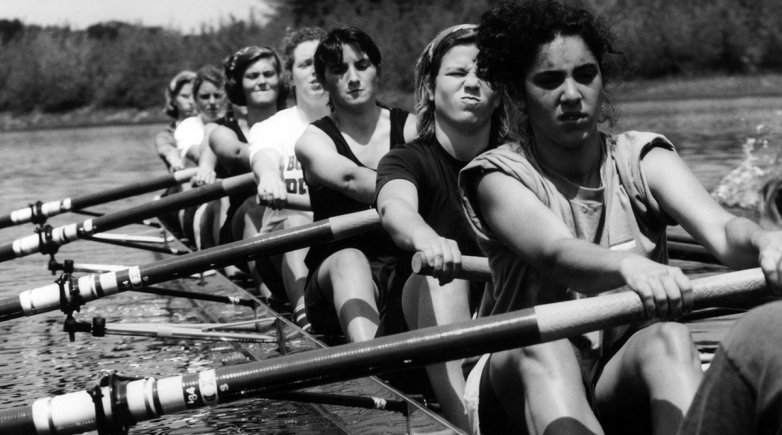Taylor-Butler enjoyed proving him wrong: She ended up getting in early to MIT, thanks in part to a recommendation from her science teacher, Charles Compton, who was far more supportive of her academic ambitions. Like Nagel, Taylor-Butler had accumulated enough credits by the middle of her senior year to graduate early, and she took that opportunity.
Now an award-winning author of children’s literature with some 65 books to her credit, Taylor-Butler has drawn on her experiences as one of Exeter’s earliest Black female students to push back against cultural unaware-ness in the publishing industry. “Exeter taught me to advocate for myself a little harder,” she says. “If you ask, would I do it again, the answer is yes.”
Her impact
As Nagel, Lanton, Fleischmann, Marden and Taylor-Butler navigated their way through the early years of coeducation at Exeter, they did so against a backdrop of the feminist movement, and the debate over the Equal Rights Amendment, which passed both houses of Congress by 1972 but would fail to win ratification by the states. Despite this, none of the five women seems to have viewed herself as a feminist trailblazer at the time. “My daughter always says to me, ‘Mom, I’m so proud of you for being one of the first,’” Nagel says. “But for me it was just life. It was just school — just what I did.”
All five were humble about the role they played in paving the way for later generations of girls at Exeter — including mine.
By the fall of 1991, when I began my prep year at Exeter, male and female enrollment at the school was approaching a 50/50 split. Kendra Stearns O’Donnell was in the middle of her tenure as the school’s 12th principal, the first woman to hold that post, and Carmen Stewart ’92 had become the first girl elected as president of Student Council the previous spring.
My graduation year of 1995 marked the 25th anniversary of coeducation, and the following year, the Academy Building’s façade got a long-overdue update. Above the entrance, a second Latin inscription now reads “HIC QUAERITE PUERI PUELLAEQUE VIRTUTEM ET SCIENTIAM,” or “Here, boys and girls, seek goodness and knowledge.”
Editor's note: This article first appeared in the fall 2020 issue of The Exeter Bulletin.
